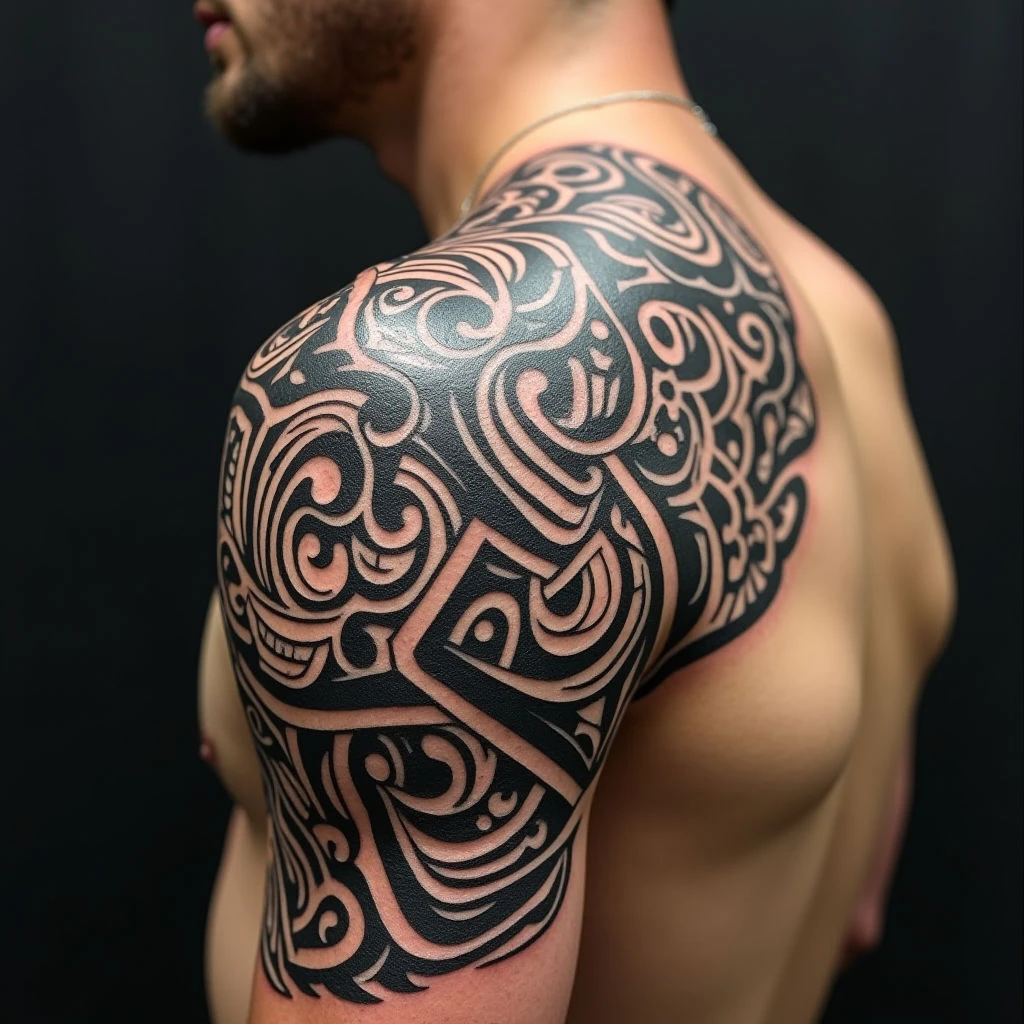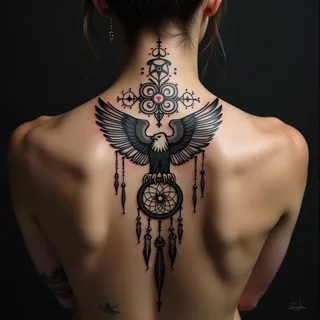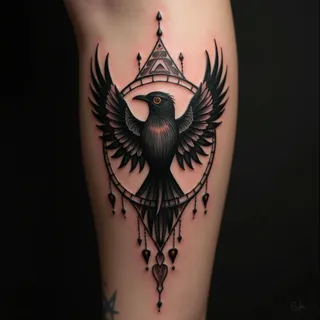The Powerful Symbolism of Tribal Tattoos in Representing Family Love
The allure of tribal tattoos extends far beyond mere aesthetics; they are visual narratives steeped in history, tradition, and profound symbolism.
The Representation of Familial Bonds
When it comes to representing familial bonds – the unwavering strength, enduring loyalty, and unconditional love that defines family – tribal motifs offer a particularly potent language.
Cultural Origins
The origins of such tattoos are diverse, spanning cultures from Polynesian islands to indigenous peoples across Africa and beyond. Each tradition utilizes unique patterns, shapes, and arrangements to convey complex ideas about lineage, protection, and belonging.
Maori Culture
In Maori culture (Aotearoa/New Zealand), intricate facial moko designs often incorporate symbols representing ancestral connections and familial status.
Polynesian Tattoos
Similarly, Polynesian tattoos frequently feature interconnected spirals or waves signifying the importance of family ties and shared heritage.
Modern Interpretations
Modern interpretations often draw inspiration from these historical traditions while incorporating personal elements. A stylized depiction of a family tree rendered in bold blackwork can visually represent generational continuity. Alternatively, combining traditional tribal patterns with personalized symbols—such as initials or dates—can create a truly unique and meaningful tribute to loved ones.
Respectful Representation
When considering a tribal tattoo for family love, research the specific cultural origins of the motifs you choose to ensure respectful and accurate representation.


